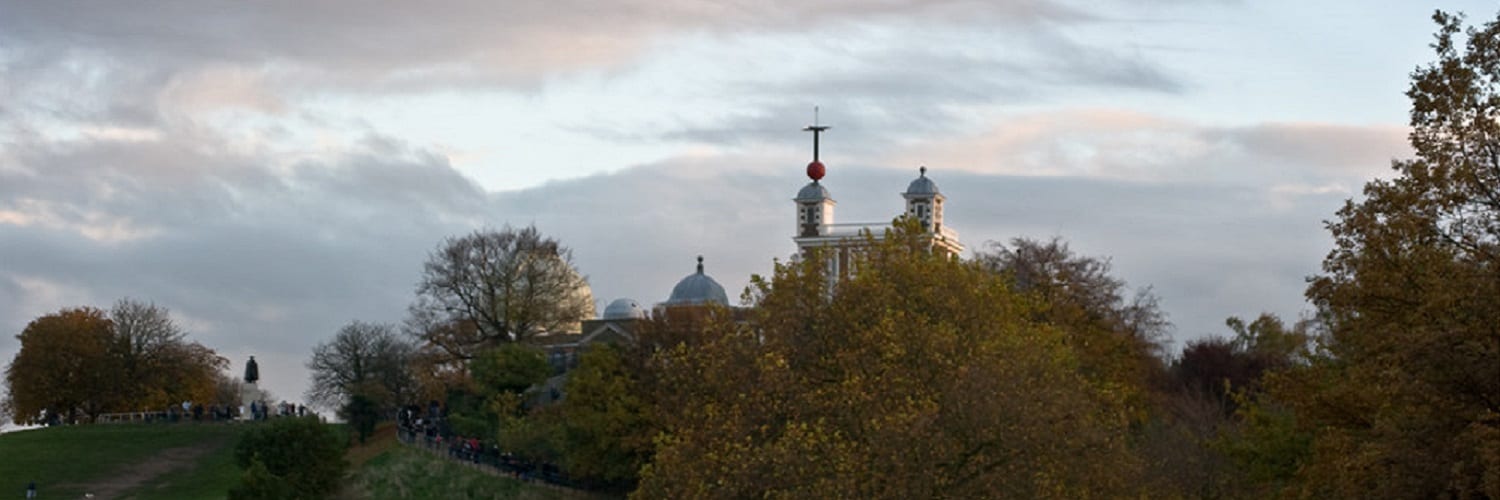Week 3: Joseph Conrad’s "The Secret Agent"

Joseph Conrad’s novel "The Secret Agent" follows a group of anarchists in London near the end of the 19th century as they plot to destroy symbols of Victorian England. Conrad’s depiction of the group was influenced by the political experiences of his youth and his years working on ships that traveled the world. The novel takes an ironic tone towards the anarchists’ political views that was inspired by conversations Conrad had with their supporters and by newspaper accounts of anarchist activities in the 1890s. The sense of London we gain from the novel, especially as the characters walk through different areas of the city, is reinforced by photographs from the period.
Joseph Conrad
Presented by Susan Ohmer
Joseph Conrad had an extraordinary life story in Poland and later as a seaman traveling around the world. Learning about these experiences helps us understand the political debates and intellectual frameworks that structure The Secret Agent.
A New Phase of Hitchcock’s Work
Presented by Susan Ohmer
Hitchcock’s adaptation of Conrad’s novel “The Secret Agent” represents a new phase of his work in the 1930s. For most of the 1920s and early 1930s, villains in Hitchcock’s films are troubled characters who appear to be guilty, as in “The Lodger,” or criminals whose actions affect innocent protagonists in some way. Beginning in the mid 1930s, however, Hitchcock’s thrillers start to focus on spies. We see this first in “The 39 Steps” (1935), where the title refers to a ring of international spies who are selling British military secrets to a foreign power that is not named. In fact, the man who reveals the existence of this spy ring, the music hall performer Mr. Memory, is shot before he can name the country for which the spies are working.
In the following year, Hitchcock directs the film “Secret Agent” (1936) that bears the title of Conrad’s novel but was not, in fact, connected with it. Instead, the film was adapted from a play based on two short stories by Somerset Maugham that featured a British agent named Ashenden. The film stars John Gielgud, Madeleine Carroll, and a very young Robert Young, whom we know later from “Father Knows Best” and “Marcus Welby, M. D.” Gielgud plays Ashenden who goes undercover to ferret out a German spy traveling to the Middle East to stir up trouble on behalf of the Nazis. The spy is clearly indicated as German and, therefore, connects the film with contemporary events in Europe.
With “Sabotage” (1936), the film that was adapted from Conrad’s novel, Hitchcock creates a villain who is marked as German by his accent and name. “Verlocken” means to tempt or entice, to seduce or enchant. Oskar Homolka, who plays Verloc, was an Austrian actor who worked in Berlin before moving to Britain when the Nazis seized power. The film is clearly set during the 1930s in London — unlike the novel, which takes place in the late 19th century — implying that the villains are Nazis, though we never learn what country Verloc works for.
Hitchcock’s last film involving spies in the 1930s was “The Lady Vanishes” (1938), where the action takes place on a train traveling somewhere in middle Europe. One of the passengers, Miss Froy, played by Dame May Whitty, disappears during the trip and everyone denies that she ever existed — except for Iris, a young woman played by Margaret Lockwood. None of the other passengers even want to look for Miss Froy, but Iris insists, and as a result, uncovers the spy ring that kidnapped her. Once again, the spies’ nationalities are not identified, but contemporary audiences made the connection with Germany.
Anarchists in 1880s London
Presented by Susan Ohmer
Conrad’s depiction of anarchists in The Secret Agent drew on newspaper accounts of their activities in the late 19th century. In particular, we see how stories about the bombing at the Royal Observatory in Greenwich in 1894 inspired a similar event in the novel. Like Conrad’s novel, newspaper accounts suggested that sinister events could be taking place behind seemingly innocent facades.
London in "The Secret Agent"
Presented by Susan Ohmer
Conrad’s novel includes vivid descriptions of London in the late 19th century and his characters often walk through different areas of the city. This video presents photographs of the period that recreate the feel of the city and describes artistic and literary movements that developed during the time of the novel’s action.
View the Event
Presented by Susan Ohmer
Subscribe to the ThinkND podcast on Apple, Spotify, or Google.
Featured Speakers:
- Susan Ohmer, The William T. and Helen Kuhn Carey Associate Professor of Modern Communication, University of Notre Dame
- Kieron Webb, Head of Conservation, British Film Institute
- Rev. Jim Lies C.S.C., Director for Academic Initiatives & Partnerships, University of Notre Dame, London, England
Additional Resources
Presented by Susan Ohmer
- The Joseph Conrad Society (UK) offers scholarly and educational resources.
- An essay from The Guardian that explores the 1894 bombing at the Royal Observatory in Greenwich that inspired Conrad’s novel
- A film of London streets and traffic in the 1890s from British Pathé.
Prepare for Next Week
Presented by Susan Ohmer
Watch the movie Sabotage, which is available on YouTube.
